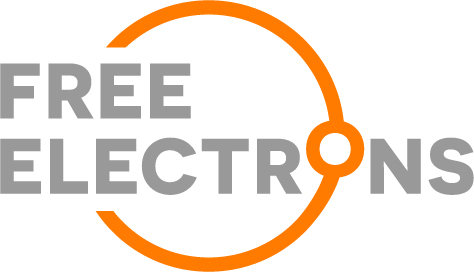
Free Electrons: a fast lane for business-to-business
A lot as been said about Free Electrons, that’s an unique opportunity for energy startups, that eight giant utilities can change the life of those who apply to the program and that the winner is winning USD200,000. All of it true but there’s more to it.
There’s a “behind the scenes” that normally people don’t talk about on a program like Free Electrons, where winning is not the main goal but the opportunity to do business with the utilities. The business potential of Free Electrons is huge and startups know that, and if they don’t they should.
Let’s talk numbers: the program allows the fastest business-to-business relationship ever, it’s kind of a fast lane for business-to-business. For any startup to have this kind of relationship in such a short period of time it would involve spending a lot of money and due to this program they don’t need to spend a cent.
At the end of the Free Electrons 2017 third module, in Singapore, late September, the global financial value of the contracts signed between the 12 startups and the 8 utilities was about 2 million dollars, with a pipeline of opportunities being developed reaching over 12 million dollars. Who’s still thinking about the prize money?
Beon rapidly grew after winning the first edition, it has pilots with six utilities, but it wasn’t the only startup that benefited from the program. In the beginning of this month a portuguese digital newspaper wrote about Aperio Systems, a cybersecurity israeli startup, that was also on the program and won most innovative energy startup, that was invested 3,6 million euros by EDP Ventures (alongside Data Point Capital and Scopus Ventures).
There are some changes in this second edition in order to improve the experience for both startups and utilities. There will be a bootcamp but not a traditional one. Instead of selecting the 12 finalists, 30 will be chosen, they will be evaluated according to the most viable pilot and from that 12 will emerge.
Gonçalo Negrão, Program Director, believes that “the startups need to make the most of the time they have with the utilities” and when asked about what he truly wants for this edition he says “we want to establish efficient and long-term business relations between the startups and the utilities”. More than that he aims that this edition “is more than a program, is the beginning of the biggest energy community that ever existed and a step towards collaborative innovation”.
